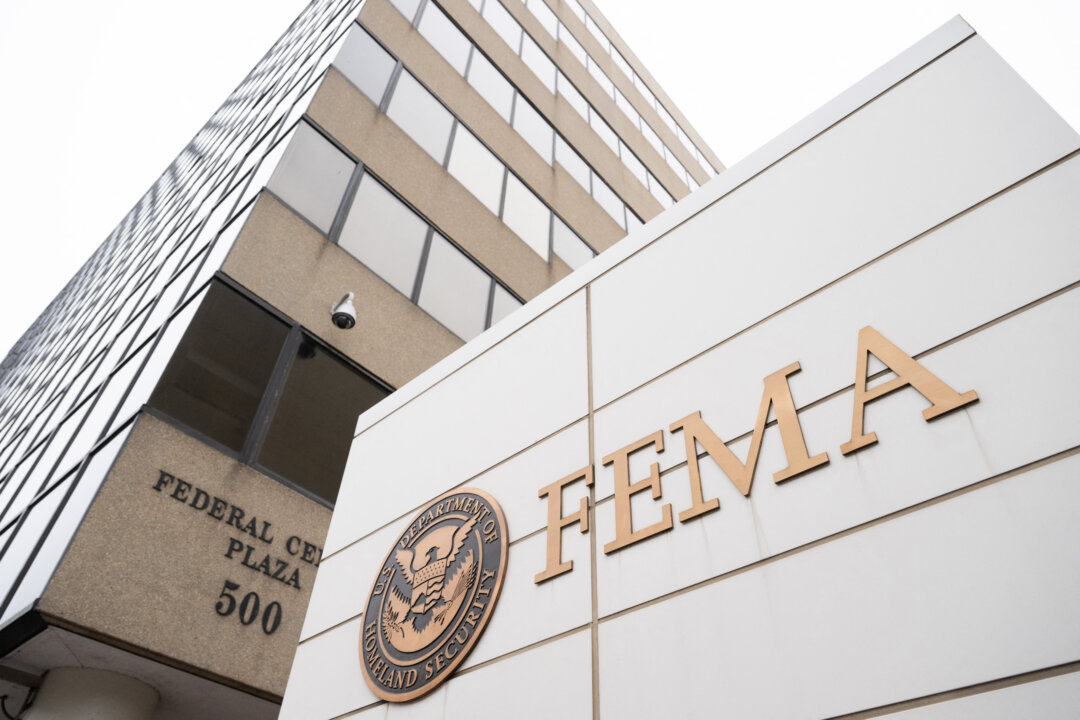Pope Francis has chosen “Pilgrims of Hope” as the theme for this Jubilee Year 2025. His recently released autobiography, simply titled “Hope,” offers us an extraordinarily introspective view of his own pilgrimage—from his family’s migrant roots in northern Italy to his formation years in Argentina, his challenges as a young priest and bishop in Buenos Aires, and his concerns as the 266th successor to the Petrine office in the Catholic Church. In the book, the Pope, born Jorge Mario Bergoglio, first traced his grandparents’ background as sharecroppers and pastry shopkeepers in the Piedmont countryside.
His father became a bookkeeper when the family arrived in Argentina. In the 1920’s, hundreds of thousands of Italians chose to leave behind a fascist government looming under Mussolini, and the eventual outbreak of World War II in Europe. Bergoglio was born in the working-class neighborhood of Flores in southern Buenos Aires on Dec.

17, 1936, the eldest of five children. Argentina was also where Jewish and Muslim exiles migrated, as well as former Nazi leaders—a melting pot of nationalities and ideologies that prepared him for his own encounters in interreligious dialogue and advocacy for welcoming migrants in foreign lands. The teenage Bergoglio recalled an incident in September 1953, when, instead of joining his friends in a springtime outing, he felt called to go to confession to a newly arrived priest.
“I was no longer the same, and I left with the knowledge that I would become a priest,” he said of the encounter. In early 1956, Bergoglio entered the Inmaculada Concepcion diocesan seminary but was laid sick with Asian flu 18 months later. After his convalescence, he decided to join the Society of Jesus, pointing out its three features: “their community, missionary work, and discipline.
” On Dec. 13, 1969, Bergoglio was ordained a priest with his whole family attending. On March 24, 1976, a coup d’état resulted in a martial law regime in Argentina, with Fr.
Jorge Bergoglio recounting his many efforts to help its victims, most of whom were arrested and severely tortured. The sedated bodies of prisoners, including the mothers of desaparecidos were later thrown into the sea from a naval plane. “There would be thousands of murders, tortures, disappearances.
They were terrible years and, for me,” recalled Pope Francis, “also years of enormous stress transporting people in secret through roadblocks in the Campo Mayo district, people whose life and safety depended on it.” Pope Francis also recounted the assassination of Bishop Enrique Angelelli of the Andean diocese of La Rioja in a fabricated car accident in Aug. 4, 1976.
In an earlier visit to Angelelli’s “Church under persecution,” the Jesuit Provincial recalled his precious advice: “One ear to listen to the Word of God and one ear to listen to the people.” He received similar advice after the 2013 conclave that elected him spiritual leader of the Catholic world. In a candid narrative, Pope Francis quoted the gentle words of Brazilian Cardinal Hummes that would become the lasting legacy of his papacy: “Don’t forget the poor.
” Throughout the rest of his autobiography, Pope Francis recounted the various themes that found resonance in his encyclicals and pastoral exhortations: Looking back at his own journey of faith, Pope Francis remarked: “The Church will go on. I am just one step in its history.” He also pointed out: “If Mercy is the name of God, Hope is the name that He has given to us .
.. We are made of life and for life .
.. We are made of love and for love.
” Pope Francis quietly passed away on Easter Monday, April 21, 2025, after a final public appearance on St. Peter’s square on Easter Sunday. His autobiography was written in collaboration with Carlo Musso and is being published in major languages in more than one hundred countries.
—————- Subscribe to our daily newsletter By providing an email address. I agree to the Terms of Use and acknowledge that I have read the Privacy Policy . Archbishop Antonio J.
Ledesma, S.J, D.D.
has an extensive background both in the academe and the Church. He served as dean of Xavier University’s College of Agriculture in 1984 to 1992 and as vice president from 1992 to 1996. He was bishop of the Prelature of Ipil from 1997 to 2006 and archbishop of the Metropolitan Archdiocese of Cagayan de Oro from 2006 to 2020.
He was also a vice president of the Catholic Bishops’ Conference of the Philippines (CBCP). He holds master’s degrees in political science from the University of the Philippines and theology from the Loyola School of Theology. He pursued his Ph.
D. in development at the University of Wisconsin-Madison..
Politics

The first pilgrim of hope

Pope Francis has chosen “Pilgrims of Hope” as the theme for this Jubilee Year 2025. His recently released autobiography, simply titled “Hope,” offers us an extraordinarily introspective view of his own pilgrimage—from his family’s migrant roots in northern Italy to his formation years in Argentina, his challenges as a young priest and bishop in Buenos















